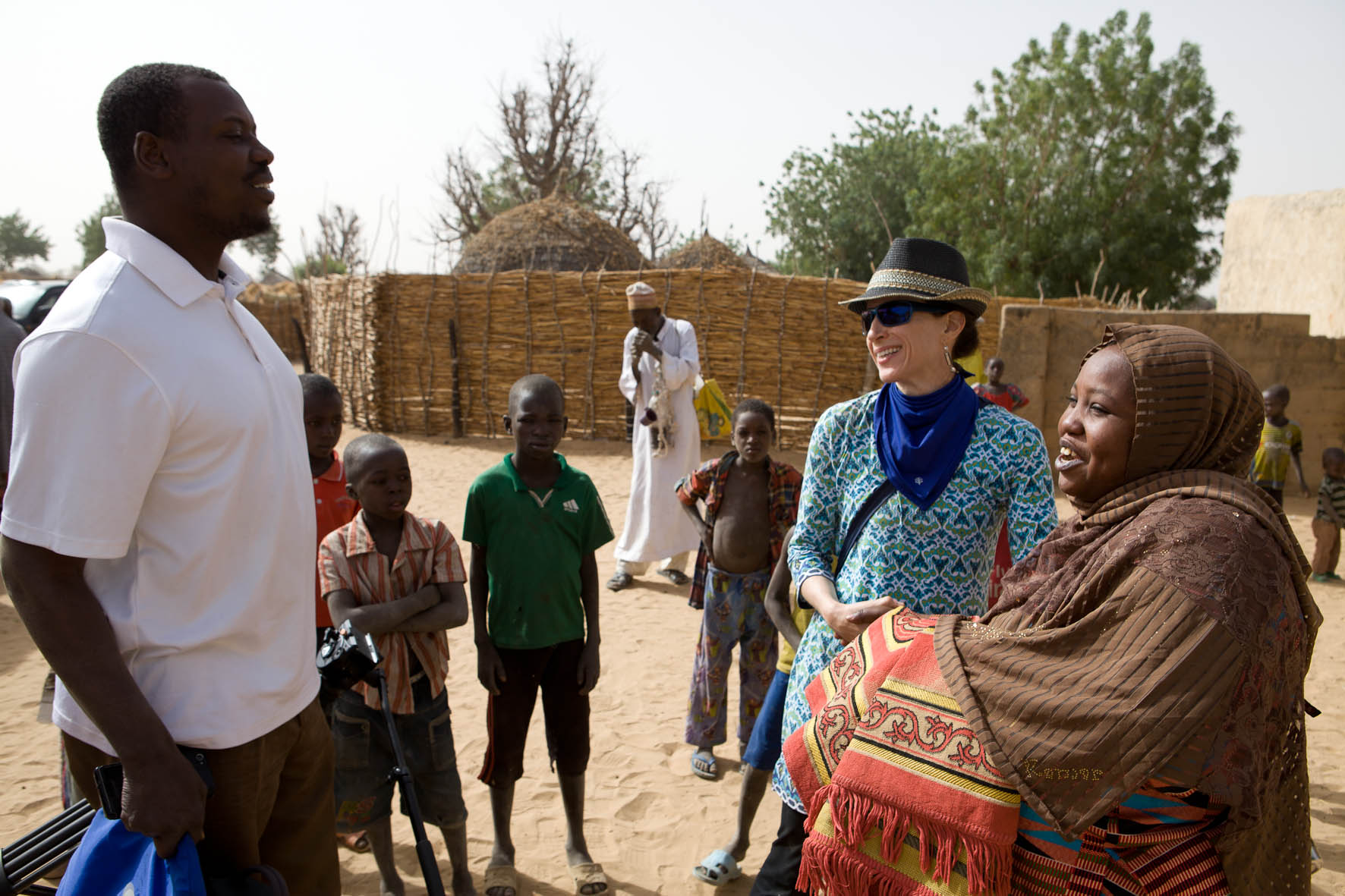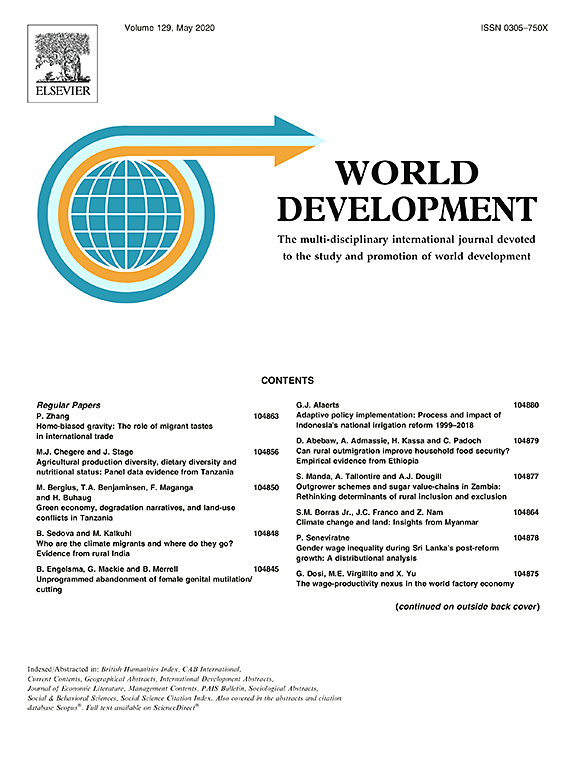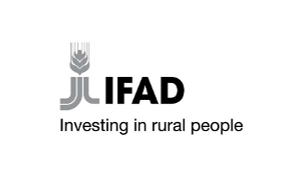Technology and Development
Overview
CIERP Co-director Jenny Aker has been conducting extensive research throughout sub-Saharan Africa, particularly in Niger. Her work, accompanied by many Fletcher student research assistants, focuses on technological development in agriculture and education. Prof. Aker is currently working on three projects: demi-lune adoption in West Africa, primary school monitoring in Niger, and PICS crop storage bag technology adoption in West Africa. Learn more about these projects below.
Demi-Lune Adoption in West Africa
Approximately 50 percent of farmland in West Africa suffers from nutrient depletion and poor soil fertility (Scherr 1999). Since extensification is no longer a feasible strategy for most small-scale farmers, sustained yield improvements in the Sahel require intensive agricultural practices, namely, techniques that both increase the level and duration of water stored within the soil and replenish soil nutrients, such as rainwater harvesting techniques. Despite decades of investment by governments and NGOs to promote these techniques in the Sahel, the sustained adoption of such techniques remains low, estimated at 10 percent in Niger (WOCAT 2009, authors’ calculations).

In an effort to better understand the barriers to the adoption of these techniques in Niger, we collaborated with the Ministry of Environment and Sahel Consulting to implement several interventions in 2018, each of which were designed to encourage the adoption of these techniques. In 2019 and 2020, we collected data on the impact of these interventions on adoption and well-being. The initial results of the program are promising: Based upon field observations during the two years, the training alone had a substantial impact on adoption, with 90% of farm households adopting at least one demi-lune on their land. This translated into improvements in soil quality, agricultural production and food security. Funding from Biodiversity International and an anonymous donor in 2020 will allow us to better understand why training is so effective, and if these initial results are sustainable.
Primary School Monitoring in Niger
In remote rural areas of developing countries, teacher absenteeism is a widespread problem: In Niger, it is estimated that 30% of primary school teachers are voluntarily absent at least once per month. This not only affects students’ learning outcomes, but also the motivation of other teachers, students and parents within the educational system. While numerous systems have been put in place to monitor teachers — including community teachers and parent-based monitoring systems — oversight remains a significant challenge in the context of limited budgets, long distances, and weak institutions.

The introduction of mobile phone technology throughout sub-Saharan Africa has the potential to affect the processes through which both teachers and education service providers are accountable to students and communities in remote rural areas. With funding from DFID-ESRC, and in collaboration with the Ministry of Education in Niger and Sahel Consulting, this research has set up a series of simple phone calls to monitor teachers’ attendance, as well as provide motivational messages for teachers, between 2018 and 2020. The initial results suggest that the phone calls improved teachers’ attendance, but that it did not have an impact upon student learning in the short-term. Further work in 2020 will be to understand whether learning outcomes will occur after the second year, or if additional pedagogical support is required to assist in improved teaching.
PICS Crop Storage Bags Adoption in West Africa
Cowpeas are an important cash crop for farmers in West Africa, and particularly in Niger, the second largest cowpea producer in the world. During storage, cowpeas are highly susceptible to degradation by the cowpea weevil. Despite the importance of this issue for millions of farmers and traders, adoption of a proven technology to minimize storage losses — hermetically sealed bags, or PICS — remains low in most areas of West Africa, and Niger in particular.
In 2016, and with ATAI funding, we conducted a pilot study across 63 villages and 31 markets in Niger designed to understand the barriers to adoption of this technology. Based on the insights from that study, we are working with partners in Niger to better understand the supply and demand-side constraints to the usage of these bags. In 2020, we conducted a baseline survey with traders across 180 markets. Other research activities in 2020 were disrupted due to COVID-19 measures in Niger.







